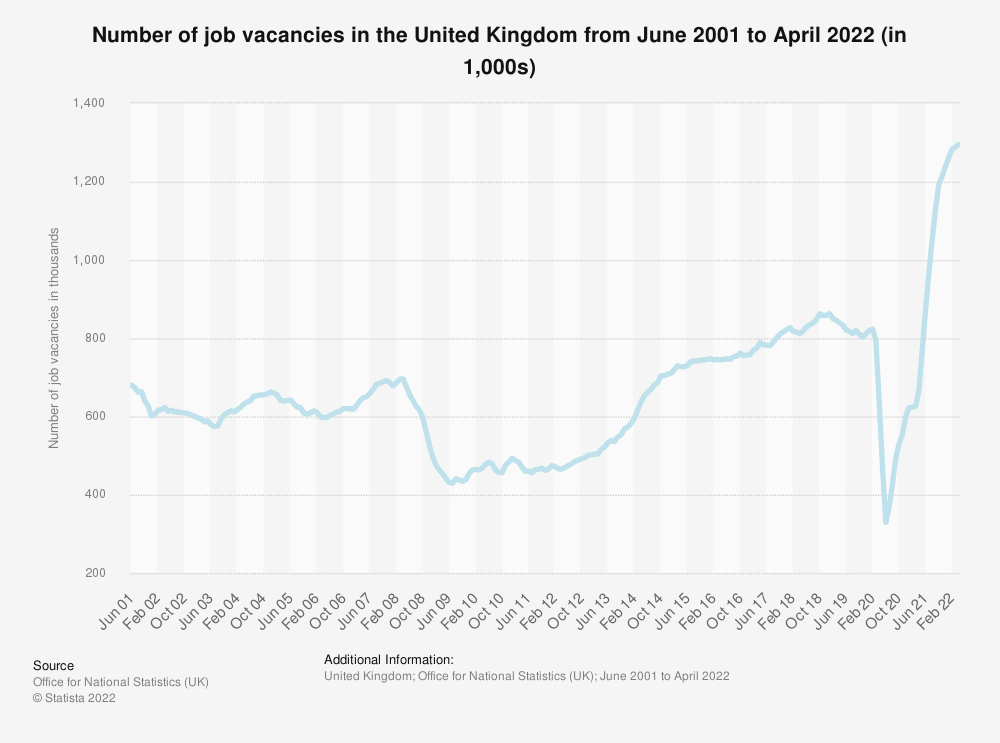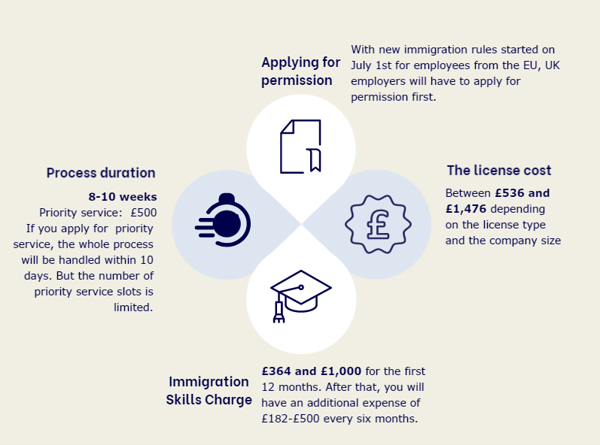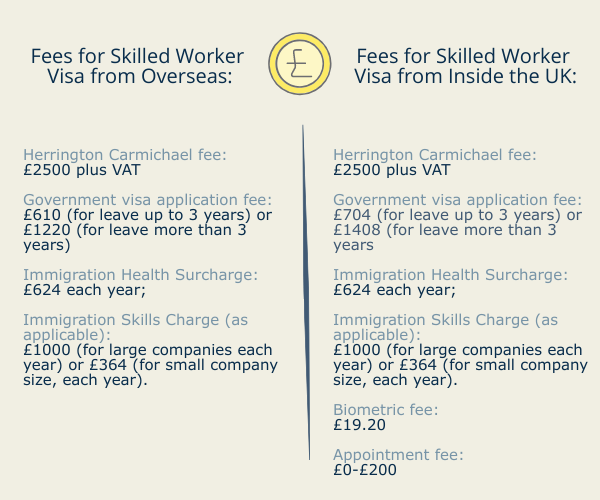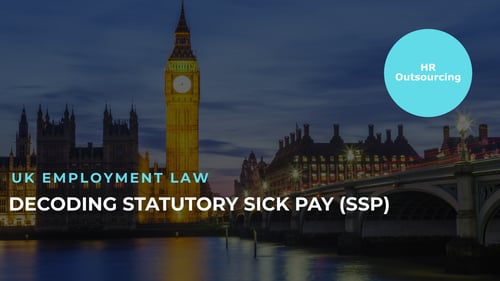Brexit Impact on Recruitment: Strategies for EU Market
Until the end of free movement for EU nationals, many businesses in the UK didn't turn their thoughts to recruitment and immigration issues. Now, eighteen months after Brexit, we can start to see how all the changes have affected the UK job market and what are the potential solutions for employers.
What does the UK job market look like since Brexit? Is there an opportunity for businesses to still hire abroad without complexities?
In this blog, we provide our insights into Brexit's impact on recruitment in the UK.
Pre-Brexit Recruitment Landscape in Europe
Before Brexit, many UK businesses could simply advertise a job posting and fill the position by hiring workers both from the United Kingdom and the EU. In 2022, the United Kingdom reached a record number of job vacancies due to the hiring process for EU workers being more complex.

Brexits Impact on Shortage of Staff: Long-Term Issue or a Temporary Situation
In the past 12 months, more than 90,000 EU workers have left the UK's hospitality sector. In many other industries, we are also seeing an alarming increase in staff shortages. This is due to lower-skilled workers not being permitted under the new system, and employers are struggling to find them. The labour shortages are so serious that the trade body has even recommended enabling prisoners to work on temporary day release.
Another consequence post-Brexit is that EU immigration keeps on falling, which will, without a doubt, lead to increased labour costs. For UK employers, EU workers used to be more affordable to employ, and if they move towards UK nationals to fill in the gap – we expect the minimum wage to increase.
The issue the UK employers are facing now is likely to continue for several years due to the consequences of both Covid-19 and Brexit. The job market will remain tight for quite some time, so employers need to think of alternative ways of hiring.
Recruitment in the Post-Brexit Job Market: The War on Talent
With so many EU nationals leaving and the shortage in the UK's job market, the war on talent is getting fierce for UK employers. For example, there are three times as many open positions for one active tech worker. Because the job market is incredibly competitive, employers need to be quick when hiring.
Employees know they hold the power in the current market, and if they don't get the feedback quickly, they already have another opportunity waiting. Not only is prompt feedback required, but employers also need to offer higher salaries in response and implement a hybrid working environment to attract talent.
However, the battle is not won when the employee accepts the offer. Good talents will likely receive a counteroffer, and, on average, more than half of them are accepted. Knowing how difficult it is to hire talent at the moment, employers are ready to spend as much as they can.
Leaders of many companies have finally woken up to the reality and realized that hiring is a crucial function of every business. Faced with all of these problems, many employers are turning to Recruitment services and EOR to combat the difficulties in recruiting in the EU. Especially in the UK, where not only employers are faced with the consequences of Covid-19 but also the post-Brexit job market crisis.
Recruiting Foreign Workers in the UK After Brexit
LinkedIn reported in 2018 that 96% of businesses' hiring strategies were being affected by Brexit. However, two-thirds of the UK companies said they would continue to employ EU nationals. After Brexit, businesses had to work harder to recruit the best staff for their companies and provide higher benefit packages and salaries to entice EU candidates to the UK when they want to employ them.
On the other hand, most UK employers claim they do not consider one's nationality when hiring. Instead, they are searching for the best talent for the role. But now, for some vacancies, employers can't find domestic applicants.
One of the biggest worries companies have at this point is whether they will be able to access the right workforce. Industries such as transport, IT, health, and construction rely heavily on EU workers. Considering the number of vacancies, it is hard to be optimistic that the UK nationals will be able to fill in the gap.

The points-based immigration system for skilled workers
For employers who want to sponsor a skilled EU worker, these are the requirements:
- The minimum skill level is RQF3, which is equivalent to an A level.
- The minimum salary is either £25,600. If there is a shortage of people, it is
possible to sponsor someone for less than that, but not less than £20,480.
Different rules apply for newly graduated employees, as well as for people
in the health and education industries. - The level of the English language must be of a good standard.

Assistance With Post-Brexit Recruitment
If you need advice on post-Brexit recruitment in the United Kingdom without having or creating a permanent establishment, EuroDev can provide support. This way, you can hire employees throughout Europe and develop recruitment strategies beneficial for your business from a cost perspective and unlimited talent pool.
Our team is at your disposal to help you find the best talent for your business and overcome complex employment law changes. Learn more about our expertise in HR Outsourcing services.
Disclaimer: While we strive to provide accurate and timely information, please note that HR policies and regulations can change frequently. It is recommended that you seek guidance from our HR consultants to ensure that the data presented here is current and accurate.
Sources: Statista.com, GOV.UK, The Guardian, BBC Worklife
Category
Related articles
-

Essential Guide to French Employment Regulations
22 March 2024comprehensive guide on French employment regulations for companies expanding to France, covering...
Read more -

Germany's Pension Landscape: Navigating Benefits and Taxation for Informed Decision-Making
5 February 2024Dive into the intricacies of the German pension system: benefits, calculations, retirement options,...
Read more -

Decoding Statutory Sick Pay (SSP) in the UK
29 January 2024Navigate the complexities of Statutory Sick Pay in the UK with our guide on rights, regulations,...
Read more

